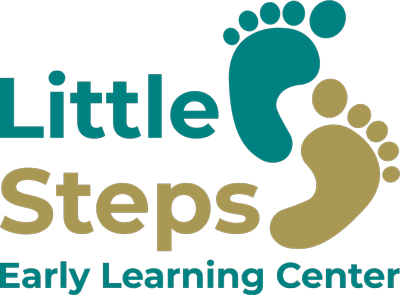Infants and toddlers represent the most vulnerable and impressionable stages of human development. During this crucial period, children not only learn to trust their caregivers but also begin to explore and understand the world around them. Providing safe and nurturing care during these early years is essential for laying a strong foundation for a child's physical, emotional, and cognitive development. In this blog, we will delve into the importance of infant and toddler care and discuss key strategies to ensure a safe and enriching start to life's journey.
- The Importance of Infant and Toddler Care
1.1 Physical Development:
Infants and toddlers experience rapid physical growth and development. Proper nutrition, hygiene, and healthcare are paramount during this period. Well-balanced diets, regular health check-ups, and adherence to vaccination schedules are essential to ensure a child's physical well-being.
1.2 Emotional Development:
The emotional bonds formed during infancy and toddlerhood significantly impact a child's social and emotional development. Consistent and responsive caregiving helps infants and toddlers feel secure, loved, and valued. These early emotional attachments serve as a foundation for healthy relationships in the future.
1.3 Cognitive Development:
The brain develops at an astonishing rate during the first few years of life. High-quality infant and toddler care environments offer stimulation through age-appropriate toys, activities, and interactions that promote cognitive development. This stimulation helps children build the neural pathways necessary for future learning and problem-solving skills.
1.4 Language Development:
Infants and toddlers are like sponges when it comes to language acquisition. Interacting with caregivers who engage in conversations, read stories, and sing songs fosters language development. Early exposure to language sets the stage for effective communication skills later in life.
- Creating a Safe Environment
2.1 Childproofing:
Safety begins with the physical environment. Childproofing your home or childcare facility is crucial. Secure cabinets, install safety gates, and cover electrical outlets to prevent accidents. Keep small objects out of reach, as they can pose choking hazards.
2.2 Supervision:
Active supervision is essential when caring for infants and toddlers. Constant vigilance ensures that children are safe and can be rescued from any hazardous situation promptly.
2.3 Safe Sleep Practices:
To reduce the risk of Sudden Infant Death Syndrome (SIDS), infants should always be placed on their backs to sleep in a crib with a firm mattress and no soft bedding or toys. Creating a safe sleep environment is critical.
2.4 Nutrition:
Offer age-appropriate and nutritious foods to support healthy growth. Avoid choking hazards like popcorn, nuts, and grapes. Supervise meal times closely and encourage self-feeding as toddlers become more independent.
- Building Trust and Emotional Connections
3.1 Responsive Caregiving:
Infants and toddlers thrive when their needs are met promptly. Responding to cries, comforting them when they're upset, and offering affectionate touch all contribute to building trust and emotional security.
3.2 Consistency:
Establishing consistent routines provides stability and predictability for young children. Consistency in daily schedules, caregiving practices, and expectations helps children feel secure.
3.3 Quality Interactions:
Engage in age-appropriate activities that promote bonding and learning. Playing, talking, and singing with infants and toddlers foster emotional connections and enhance cognitive development.
- Encouraging Exploration and Learning
4.1 Stimulating Environments:
Create environments that encourage exploration. Provide toys and materials that stimulate the senses and promote motor skills development. Rotate toys regularly to maintain interest.
4.2 Reading Together:
Reading to infants and toddlers is a powerful way to support language development and a love for books. Choose colorful, age-appropriate books and make reading a daily ritual.
4.3 Outdoor Play:
Whenever possible, expose children to the outdoors. Nature offers endless opportunities for sensory exploration and physical activity. Ensure outdoor play areas are safe and secure.
Infant and toddler care is a foundational component of a child's development. It's a journey filled with wonder, growth, and endless possibilities. By prioritizing safety, emotional connections, and learning opportunities, caregivers can provide a secure and enriching start to life's journey for the youngest members of our society. Remember, the care and support offered during these early years will shape a child's future in ways that are immeasurable and enduring.


